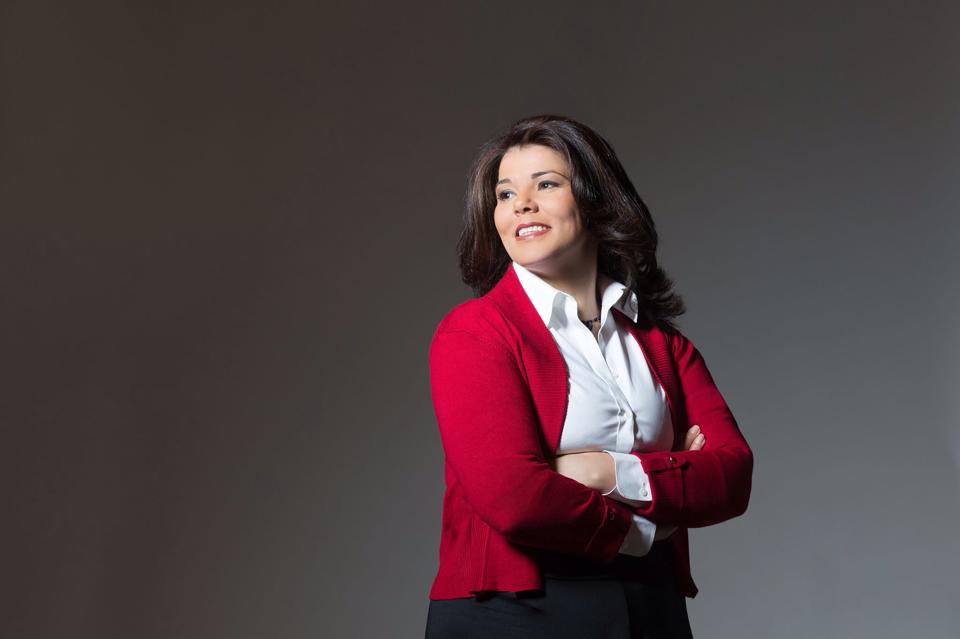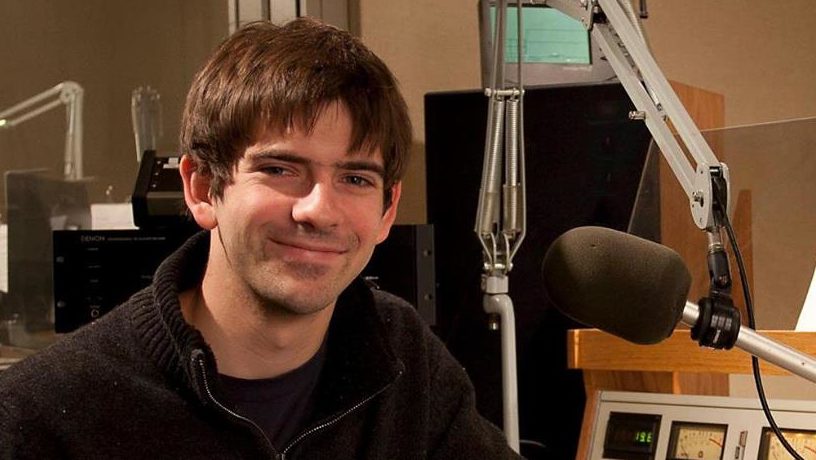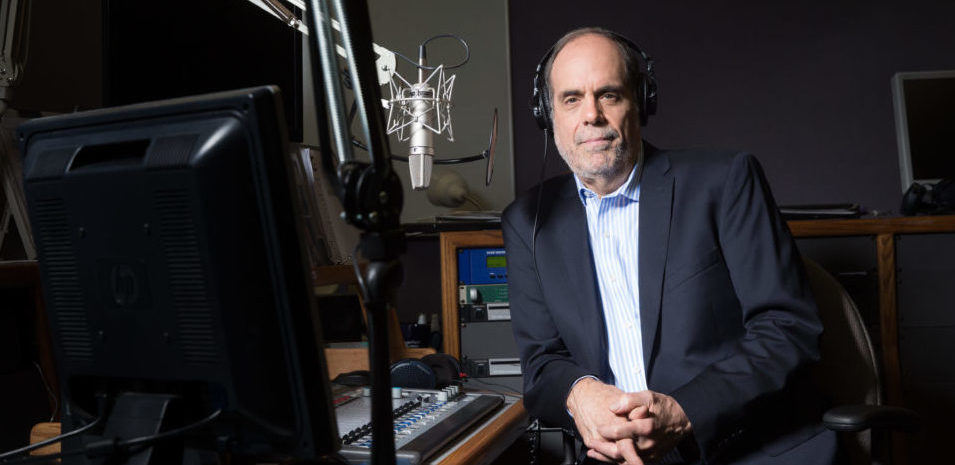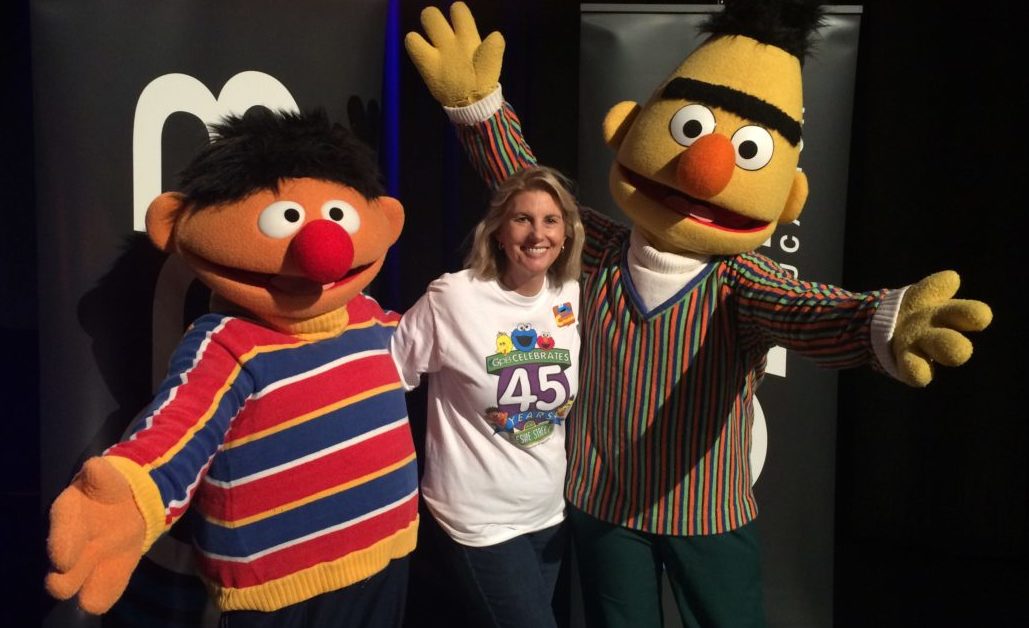Tag: Georgia Public Broadcasting
GPB roadmap calls for expanding service to ‘all of Georgia’
The state network plans to focus on “mission-critical” areas and boost fundraising by $5 million annually.GPB CEO Teya Ryan to retire
Ryan has led the station since 2009.As ‘Retro Report’ prepares for PBS debut, stations step out of comfort zone to produce ...
With grants from PBS and editorial support from series producers, eight stations are testing new approaches for connecting with local audiences.Public TV begins counting ‘invisible audiences’ for education content
Stations reach millions of people through off-air services such as parenting workshops but lack a common approach for measuring their reach and ...GPB host Celeste Headlee steps down
Headlee plans to focus on her work as an author and public speaker.Sean Powers: Public radio gets me out of my comfort zone
"I love the fact that as a journalist, I can get outside of my comfort zone and meet people who don’t look ...Bill Nigut: ‘You cannot help people understand politics and all the nuances in a minute ...
Georgia Public Broadcasting’s Bill Nigut loves talking with people about politics.Teya Ryan: Being a stay-at-home mom prepared me to lead GPB
Georgia Public Broadcasting CEO Teya Ryan says that leaving CNN to stay at home with her daughter helped her understand GPB's mandate. ...PBS Annual Meeting honors longtime leaders and creative fundraising approaches, and more awards in public ...
Early childhood educator Bill Isler received the PBS “Be More” Award for helping to bring characters like Daniel Tiger to life.Biopic of John Lewis to debut in PBS Black History Month lineup
PBS decided to schedule Kathleen Dowdey's documentary days before the congressman's fiery exchange with then President-elect Trump.Pubmedia executives, stations recognized at PMDMC
Public media leaders were honored for excellence in fundraising and development.Monday roundup: Band cancels GPB show over WRAS agreement; Montagne taking leave from ME
Plus: A Reuters photographer chronicles a day in the life of an Elmo impersonator.Chair of rival public radio station criticizes GPB’s entry into Atlanta
Three days after Georgia Public Broadcasting took over daytime programming on Georgia State University’s WRAS-FM, Atlanta’s other public radio station, WABE, released ...Thursday roundup: Sherlock will return, GPB fires employee over vulgar T-shirts
Plus: Ira Glass's salary, and bloodshed at Pacifica's KPFK.GSU considers options to keep student-run WRAS programming on FM
Georgia State University announced Friday that it is searching for a new FM frequency for student-hosted music programs, which will soon be ...












